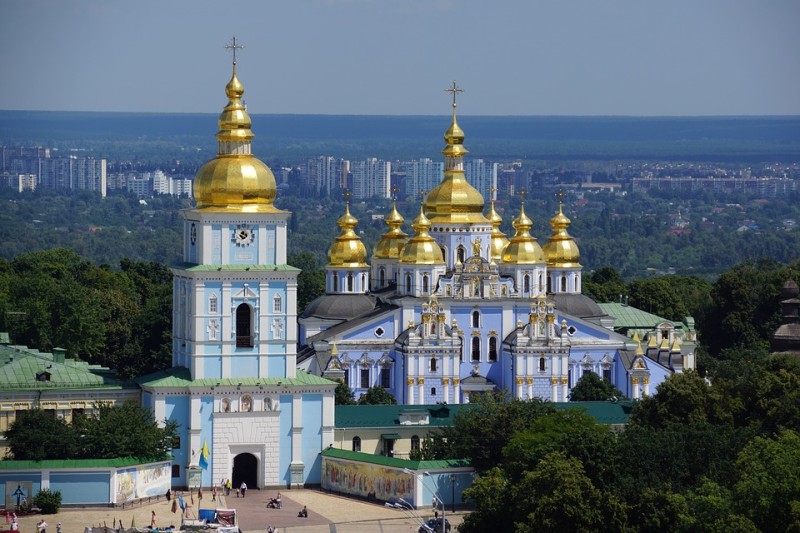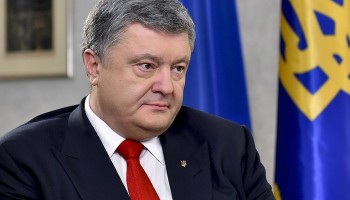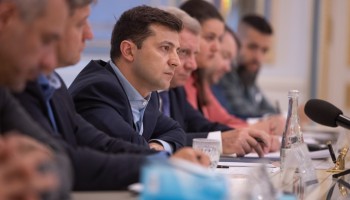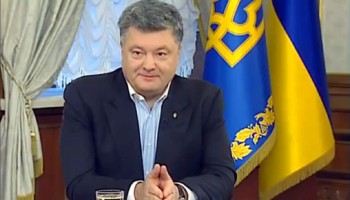“Let me name the key tasks facing my team,” he said, “It is to eradicate corruption and create an independent court system.”
Ukraine was ranked as Europe’s second most corrupt country, after Russia, in Transparency International’s most recent report, and few people have faith in its judicial system’s ability to hold corrupt leaders and businessmen accountable.
Zelenskiy, a former television celebrity, won a history-making majority in April’s presidential elections on an anti-establishment and anti-corruption platform.
“We have two wars,” he said in May, according to Kyivpost. “The war against Russia and the war against corruption inside the country, which is a threat, first and foremost, for the Ukrainian economy.”
Zelenskiy’s predecessor, Petro Poroshenko, was also anti-corruption and anti-Russian, and during his tenure oversaw the setup the National Anti-Corruption Bureau of Ukraine, the Specialised Anti-Corruption Prosecutor's Office, and, most recently, the country’s first anti-corruption court.
However, his stunning defeat to Zelenskiy is partly attributed to his failure to fully break from entrenched traditions of appointing “political cronies,” businessmen, and other insiders to key government positions, something he himself admitted and apologized for in the final days of his campaign.
He was also associated with a major military corruption scandal that broke in February, and it was around this time that Ukraine’s Constitutional Court also struck down a law that required officials to prove their assets had not been obtained illegally.
President Zelenskiy was in Canada for the 3rd Ukraine Reform Conference, during which the Canadian government reiterated its commitment to supporting Ukraine against Russian “aggression.”
Zelenskiy also submitted a draft anti-corruption bill to the Ukrainian parliament on Wednesday, concerning confiscation of illegal assets and punishment.






